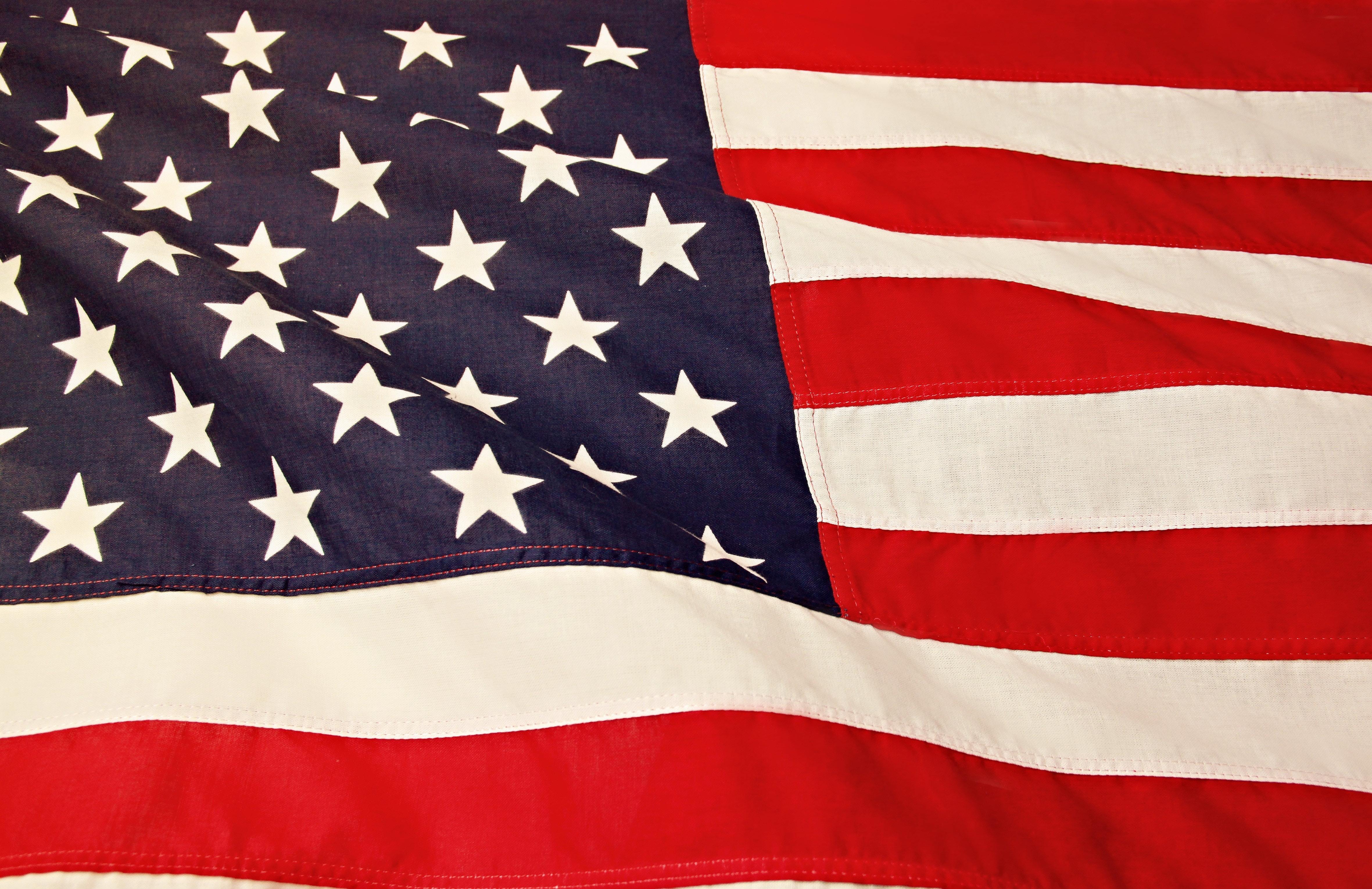By Cameron Pipkin
","after_title":"","widget_id":"widget-0-0-1"}}" />[/siteorigin_widget]
There are two sides to every 9/11 anniversary. On the one hand, we commemorate unspeakable loss, both of those who died in the towers and on Flight 93 as well as the thousands of brave military men and women who’ve given their lives in the aftermath.
On the other hand, 9/11 has brought out the best in us. In the 17 years since the towers came down, Americans of all walks of life have been inspired to big acts of sacrifice and kindness. Here are just a few ways that’s happened:
We give more than ever
In the immediate aftermath of 9/11, more Americans stepped up to help than ever before. Citizens donated a whopping $2.8 billion to 9/11 funds, a record for charitable donations at the time.
Just as important, however, was the long-term impact that 9/11 had on the culture of giving in America as well as the charitable organizations that facilitate it. To be sure, Americans gave a massive amount of money in the days and weeks following the tragedy, but an influx of donations continued long after the dust had settled over Manhattan. The ongoing work to receive and process these donations provided years of valuable experience for charitable organizations—experience that would help expedite relief efforts and save lives when Hurricane Katrina hit the gulf coast just four years later.
In that way, 9/11 helped set the stage for charitable relief after one of the most devastating natural disasters in US history. As Michael Solomon, spokesman for the Chronicle of Philanthropy put it, "September 11 was the first time there was such an outpouring for an event like that. When Katrina came along, charities and donors were ready for that moment."
That increased readiness to give extends beyond Katrina. Americans donated $2 billion to victims of the Indonesian Tsunami and almost $1.5 billion to victims of the 2010 earthquake in Haiti.
The legacy of charity established after 9/11 continues to this day. There are a number of 9/11 charities that continue to collect donations to support survivors. The Families of Freedom Scholarship Fund has awarded over $100 million in education assistance to dependents of those killed or severely injured on 9/11. Charities like Tuesday’s Children, Heart 9/11, and others have provided counseling, medical aid, and housing to victims.
We’re safer thanks to domestic law enforcement
On September 10, 2001, Attorney General John Ashcroft was busy denying a request from the FBI to increase the agency’s anti-terrorism budget. On that same day, FBI leadership stated to Congress that animal rights groups posed the greatest terrorist threat to the United States. Since then, an entire national security division has been established in the Justice Department, the FBI’s budget has increased three-fold, and its mission has come to include preventing terrorist attacks before they occur.
That focus on safety has extended to the airline industry. Today there are 46,000 screeners trained by the TSA to identify threats coming through airport security. The number of air marshals on American flights increased from 33 in 2001 to 5,000 by 2005. And in case a bad guy makes it past screening and an armed air marshal, cockpit doors are now built to withstand any attempt at opening them.
And safety precautions don’t end at the airport. American ports on both land and sea are now more secure than ever. All cargo passing into this country is screened using cutting-edge technology built to detect threats like radiation. Abroad, US customs agents are often present to check cargo bound for the US before it every departs for our shores.
We’re safer thanks to an even stronger military
Of course, credit for American’s relative peace and safety in a post 9/11 world has to go as much to the military as anyone. These organizations are still at the forefront of the battle on terror, and they’ve had to grow and adapt to keep the upper hand. But after many challenges and much change, it’s hard to argue that the US military isn’t stronger today than 17 years ago. For starters, the American military budget alone has about doubled since 9/11, from 301 billion in 2001 to 609 billion in 2017. They’ve also evolved to the enemy, adapting much of their strategy to counterinsurgency warfare. This helps account for the increases in special forces ranks, which has grown from 45,000 in 2001 to reportedly over 70,000 today.
It’s no wonder that—despite the prognostications of many experts over the years—there has been no second 9/11. Though we’ve suffered a handful of lone wolf attacks with tenuous connections to terror organizations, the only major incidents have occurred outside the sovereign United States.
Without question, the terror attack of September 11 was one of the most devastating chapters in our country’s history. But in many ways, those challenges have helped elevate the American people and made us even stronger and more giving than we were 17 years ago.

